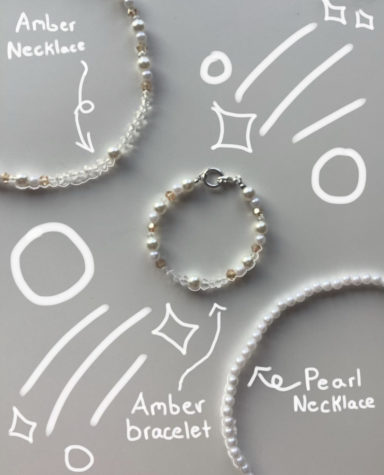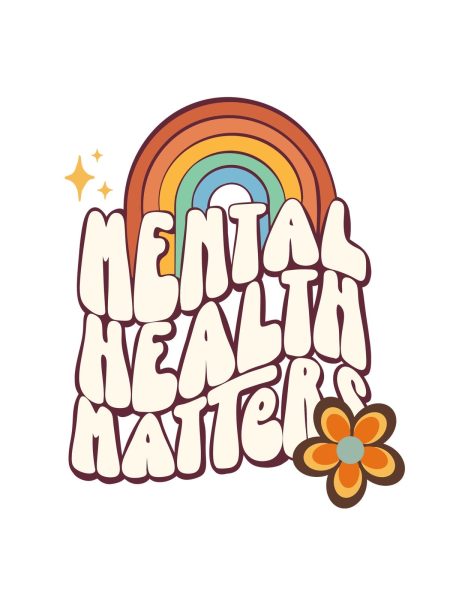Eating Disorders, Fatphobia: Content Warning
As a culture, we have expanded how we connect to others and to the media significantly. Stories, news, and entertainment are usually just a click away, making so many different kinds of content available for everyone. However, even the most innocent kinds of content can affect us. In stories we see beautifully thin princesses, and the handsome, fit prince that meets her, as they live happily ever after. In the news we are constantly bombarded with new information about health, beauty, and news about celebrity diets, without concern for whether the information is factual or not. And everywhere in entertainment, we are surrounded by hatred for those who look different from the thin models we idolize, and admiration for those who have managed to become “beautiful”. This is affecting how we view our bodies, and in turn, how we treat ourselves.
The large amount of content surrounding beauty has led to something called diet culture. Diet culture is the idea of controlling what you eat and what activities you do in order to be thin or beautiful and to consider this lifestyle as normal. As the usage of social media soars, so too the rise of diet culture. People started to classify certain foods as bad. Everywhere you look there are recipes for being thin, or models advertising certain diets that all people should follow. Social media influencers who don’t fit society’s standard of beauty are constantly bombarded with hate and aggression for promoting “Unhealthy ideals and lifestyles” while going about their daily life.
As a society, we are constantly surrounded by the fear of being fat, and shame for being overweight. This leads to snide comments about people’s bodies such as “Eat a salad”, “Go to the gym”, or “Eat less”. Social media is constantly telling us that if we weigh more than a certain amount we are unhealthy and unlovable. Often these kinds of comments and media are pushed on us, saying that it’s only a concern for public health, but often actual information about health isn’t even considered. Being surrounded by fatphobia as a society can even affect children as young as 9, leading them to push themselves to do hard exercising, or to stop eating in order to be accepted.
The rise in fatphobia led to the spreading of misinformation as people went to extremes to become thin. Misinformation about health led people to track their eating in a very dangerous way leading to eating disorders and unhealthy lifestyles. In the past few years studies have shown that eating disorders have risen 7.8% between 2013 and 2018. In the United States alone, the amount of people estimated to have an eating disorder is around 28.8 Million. With eating disorders being the second most deadly mental illness, it’s very important to realize what content you are indulging in, and it’s important to acknowledge that not everything online is true.
Understanding your own body and how to be healthy is important, but it’s okay to enjoy life as well. It’s important to separate ourselves from the toxic dieting culture to help support ourselves and those around us. If you or a loved one suffer from an eating disorder or have questions, call (800) 931-2237 for the eating disorder helpline.










